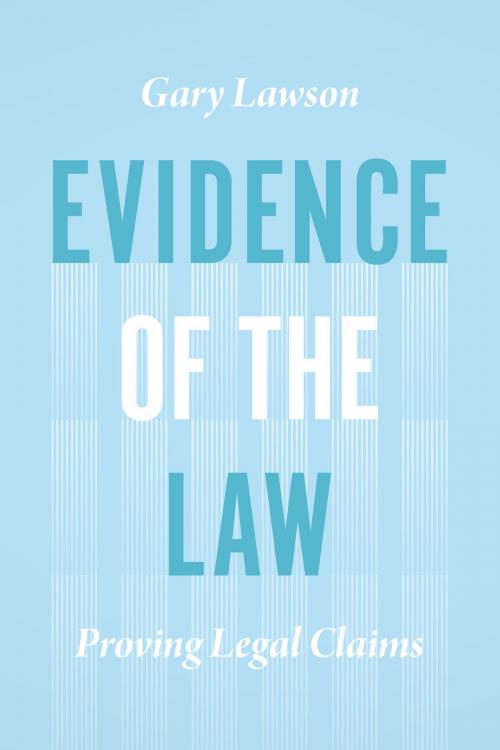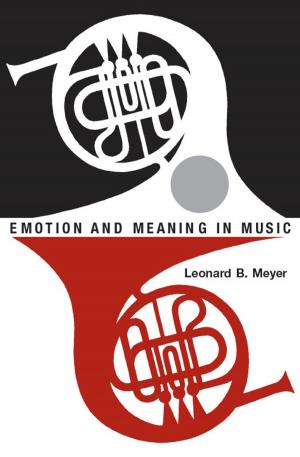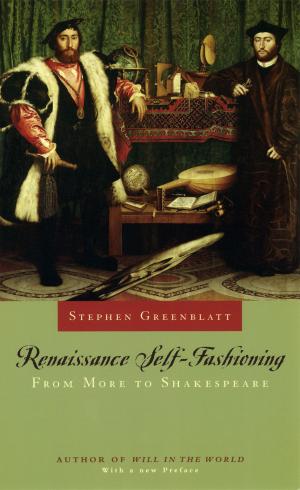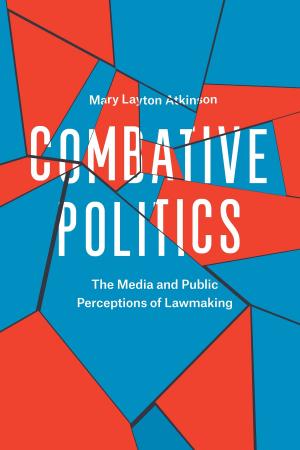Evidence of the Law
Proving Legal Claims
Nonfiction, Reference & Language, Law, Litigation, Constitutional| Author: | Gary Lawson | ISBN: | 9780226432199 |
| Publisher: | University of Chicago Press | Publication: | February 21, 2017 |
| Imprint: | University of Chicago Press | Language: | English |
| Author: | Gary Lawson |
| ISBN: | 9780226432199 |
| Publisher: | University of Chicago Press |
| Publication: | February 21, 2017 |
| Imprint: | University of Chicago Press |
| Language: | English |
How does one prove the law? If your neighbor breaks your window, the law regulates how you can show your claim to be true or false; but how do you prove that in breaking your window your neighbor has broken the law? American jurisprudence devotes an elaborate body of doctrine—and an equally elaborate body of accompanying scholarly commentary—to worrying about how to prove facts. It establishes rules for the admissibility of evidence, creates varying standards of proof, and assigns burdens of proof that determine who wins or loses when the facts are unclear. But the law is shockingly inexplicit when addressing these issues with respect to the proof of legal claims. Indeed, the entire language of evidentiary proof, so sophisticated when it comes to questions of fact, is largely absent from the American legal system with respect to questions of law.
As Gary Lawson shows, legal claims are inherently objects of proof, and whether or not the law acknowledges the point openly, proof of legal claims is just a special case of the more general norms governing proof of any claim. As a result, similar principles of evidentiary admissibility, standards of proof, and burdens of proof operate, and must operate, in the background of claims about the law. This book brings these evidentiary principles for proving law out of the shadows so that they can be analyzed, clarified, and discussed. Viewing legal problems through this lens of proof illuminates debates about everything from constitutional interpretation to the role of stipulations in litigation. Rather than prescribe resolutions to any of those debates, Evidence of the Law instead provides a set of tools that can be used to make those debates more fruitful, whatever one’s substantive views may be. As lawyers, judges, and legal subjects confront uncertainty about what the law is, they can, should, and must, Lawson argues, be guided by the same kinds of abstract considerations, structures, and doctrines long used to make determinations about questions of fact.
How does one prove the law? If your neighbor breaks your window, the law regulates how you can show your claim to be true or false; but how do you prove that in breaking your window your neighbor has broken the law? American jurisprudence devotes an elaborate body of doctrine—and an equally elaborate body of accompanying scholarly commentary—to worrying about how to prove facts. It establishes rules for the admissibility of evidence, creates varying standards of proof, and assigns burdens of proof that determine who wins or loses when the facts are unclear. But the law is shockingly inexplicit when addressing these issues with respect to the proof of legal claims. Indeed, the entire language of evidentiary proof, so sophisticated when it comes to questions of fact, is largely absent from the American legal system with respect to questions of law.
As Gary Lawson shows, legal claims are inherently objects of proof, and whether or not the law acknowledges the point openly, proof of legal claims is just a special case of the more general norms governing proof of any claim. As a result, similar principles of evidentiary admissibility, standards of proof, and burdens of proof operate, and must operate, in the background of claims about the law. This book brings these evidentiary principles for proving law out of the shadows so that they can be analyzed, clarified, and discussed. Viewing legal problems through this lens of proof illuminates debates about everything from constitutional interpretation to the role of stipulations in litigation. Rather than prescribe resolutions to any of those debates, Evidence of the Law instead provides a set of tools that can be used to make those debates more fruitful, whatever one’s substantive views may be. As lawyers, judges, and legal subjects confront uncertainty about what the law is, they can, should, and must, Lawson argues, be guided by the same kinds of abstract considerations, structures, and doctrines long used to make determinations about questions of fact.















